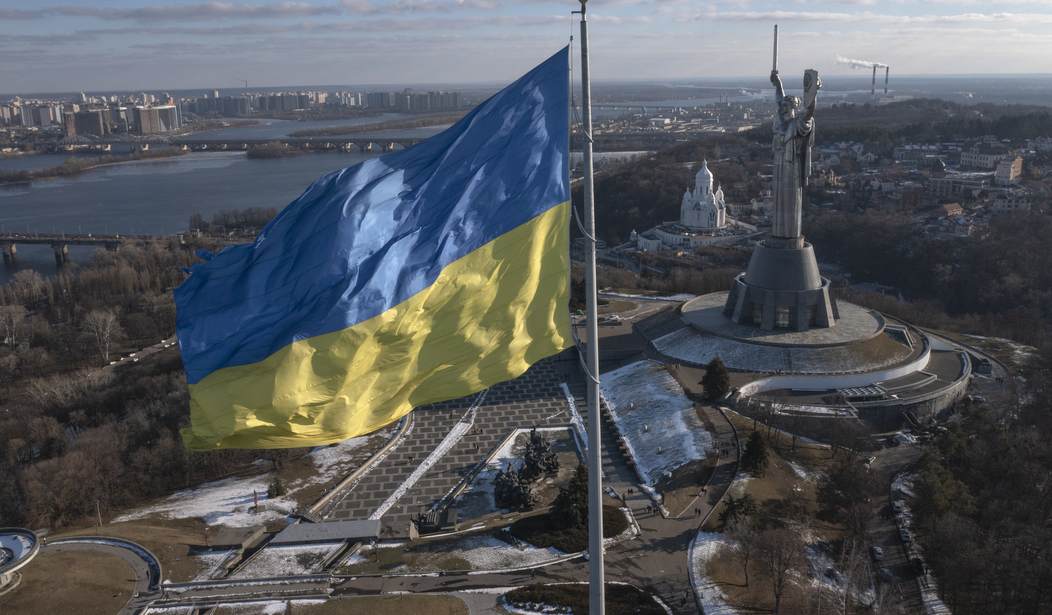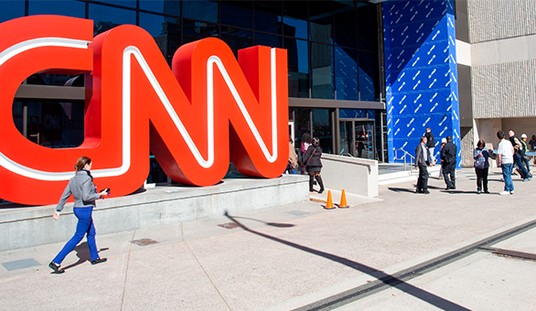On Wednesday, the Financial Times ran an exclusive story on the ongoing peace negotiations between Russia and Ukraine. Those negotiations started only four days after the Russian invasion of Ukraine. There was little progress until March 10, when Turkey announced it was hosting a “high level” meeting between the two parties. On Monday, I posted how the Russians and Ukrainian peace delegations were making pleasing noises about “progress,” see Russians and Ukrainians Say Peace Talks Show Progress but ‘Getting to Yes’ Seems Very Far Away.
Today’s news comes in a story titled Ukraine and Russia explore neutrality plan in peace talks.
IMPORTANT Breaking-Ukraine & Russia tentative 15-point peace plan. Ceasefire & Russian withdrawal if Kyiv declares neutrality, renounces NATO ambitions & not host foreign military bases or weapons in exchange for protection from allies like US, UK & Turkeyhttps://t.co/sgYwOAKQ8Y
— Heather Childers (@HeatherChilders) March 16, 2022
The article doesn’t enumerate the points, so I’ll do my best to extract the highlights from the story.
Ukraine and Russia have made significant progress on a tentative peace plan including a ceasefire and Russian withdrawal if Kyiv declares neutrality and accepts limits on its armed forces, according to five people briefed on the talks.
Ukrainian and Russian negotiators discussed the proposed deal in full for the first time on Monday, said two of the people. The 15-point draft would involve Kyiv renouncing its ambitions to join Nato and promising not to host foreign military bases or weaponry in exchange for protection from allies such as the US, UK and Turkey, the people said.
However, the nature of western guarantees for Ukrainian security — and their acceptability to Moscow — could prove to be a big obstacle to any deal, as could the status of the country’s territories seized by Russia and its proxies in 2014. A 1994 agreement underpinning Ukrainian security failed to prevent the Kremlin’s aggression against its neighbour.
…
But a Russian source briefed on the talks said the proposed settlement, if agreed, could give both sides a credible way to declare victory in the war.
“Every side needs a win,” the person said. “He needs to be able to sell it to the people. Putin can say that we wanted to stop Ukraine joining Nato and putting foreign bases and missiles in its territory. If they do that, he can say, ‘I got it.’”
The general points in the agreement seem to be:
- Russia withdraws its troops from Ukraine.
- The Ukrainian armed forces will remain intact.
- Ukraine agrees not to join NATO.
- Ukraine is allowed to join the EU.
- Ukraine can enter into bilateral “security guarantees” with other countries; there are no limits on the countries or number of countries Ukraine can deal with.
- Foreign troops cannot be stationed in Ukraine.
- Foreign weapons systems cannot be deployed in Ukraine.
- The Russian language is given official status within Ukraine.
For reasons I outlined in Russians and Ukrainians Say Peace Talks Show Progress but ‘Getting to Yes’ Seems Very Far Away, all of this is easier said than done.
When the war started, Vladimir Putin himself set five conditions for ending the war. First, the Zelensky government had to be removed (he called them “nazis and drug addicts” and said Ukraine had to be de-nazified). The Ukrainian armed forces had to be disbanded, and the country made “neutral.” Ukraine had to recognize Russia’s ownership of Crimea. Lastly, Ukraine had to recognize the AstroTurf statelets of Donetsk and Luhansk.
Make a quick comparison of the “15 point plan” to Putin’s casus belli, and you’ll see the problem. Making matters stranger still is that the leak of the “15 points” did not come from the Ukrainians as a way of trying to move the Russians; it came from the Russian negotiators trying to stampede the Ukrainians into a deal.
Response from Ukraine’s lead negotiator to FT report that Russia and Ukraine are discussing a 15-point peace plan.
Claims it represents only what Russia is proposing. https://t.co/OzMwIlvmJF— Patrick Reevell (@Reevellp) March 16, 2022
Indeed, I’m not sure what some of the terms mean, and I’m pretty sure the negotiators don’t either. For example, does the withdrawal of Russian troops from Ukraine mean everything goes back to where it was on February 23? What is Ukrainian territory, for that matter? Are Donetsk and Luhansk up for grabs? Do the Russian “peacekeepers” Putin announced three days before going to war (see Vladimir Putin Orders Russian Peacekeeping Troops Into Eastern Ukraine) count as “Russian troops?”
The biggest sticking point remains Russia’s demand that Ukraine recognise its 2014 annexation of Crimea and the independence of two separatist statelets in the eastern Donbas border region.
Ukraine has refused but was willing to compartmentalise the issue, Podolyak said.
If the war ends with the territorial questions unanswered, what did Putin accomplish by three weeks of war and, conservatively, 4,000 dead and 20,000 wounded soldiers? In fact, if the Russian Army withdraws, Ukraine will be able to rearm and refit and roll over the armies of the sham “republics” of Donetsk and Luhansk. Moreover, it will be able to do it this time under the umbrella of bilateral security agreements.
Obviously, we can’t know what is happening behind the scenes, but the Ukrainians aren’t all that keen on it in public statements; here, again, I’m quoting the Financial Times.
Although Moscow and Kyiv both said they had made progress on the terms of a deal, Ukrainian officials are sceptical Russia’s President Vladimir Putin is fully committed to peace and worry that Moscow could be buying time to regroup its forces and resume its offensive.
“There’s a likelihood this is trickery and illusion. They lie about everything — Crimea, the build-up of troops on the border, and the ‘hysteria’ over the invasion,” said a Ukrainian source briefed on the talks.
“We need to put pressure on them until they have no other choice” but to agree a peace deal, the person added.
Putin showed no sign of compromise on Wednesday, vowing Moscow would achieve all of its war aims in Ukraine. “We will never allow Ukraine to become a stronghold of aggressive actions against our country,” he said.
Putin’s speech today again referred to the Ukrainian government as nazis as well as claiming the invasion was going as planned (if so, he needs to do something about the planner), and he was going to achieve what he set out to do. I don’t see any way to square the circle of Putin’s pre-war demands and the best deal he can hope for in negotiations. A deal will require a huge climbdown for Putin for all the world to see…or something more vigorous taking place inside the Kremlin.
My assessment is that the peace negotiations are a useful proxy for how Russia sees the war going. When the first meeting took place, it was evident that the ambitious operational plan the Russians unleashed on February 24 was not going to work. When the Russians agreed to senior-level discussions, the operation was approaching a stalemate.
U.K. MOD maps of Ukraine war today and one week ago. I know we have been hearing a great deal about how the Russian military has been getting its act together and improving its logistics, but the evidence on the ground is hard to see. pic.twitter.com/uCGpA19oiX
— Phillips P. OBrien (@PhillipsPOBrien) March 16, 2022
Now, Zelensky is not sounding like a man trying everything possible to reach a ceasefire agreement and peace deal.
Volodymr Zelensky said on Wednesday peace talks with Russia were sounding ‘more realistic’ but more time was needed for any deal to be in the interests of Ukraine.
Zelensky made the early morning statement after his team said a peace deal that will end Russia’s invasion of Ukraine will be struck with Vladimir Putin within one or two weeks because Russian forces will run out of fresh troops and supplies by then.
‘The meetings continue, and, I am informed, the positions during the negotiations already sound more realistic. But time is still needed for the decisions to be in the interests of Ukraine,’ Zelenskiy said in a video address on Wednesday, ahead of the next round of talks.
Rather he sounds very much like a man who knows the longer he drags this out, the weaker the Russian position becomes.














Join the conversation as a VIP Member